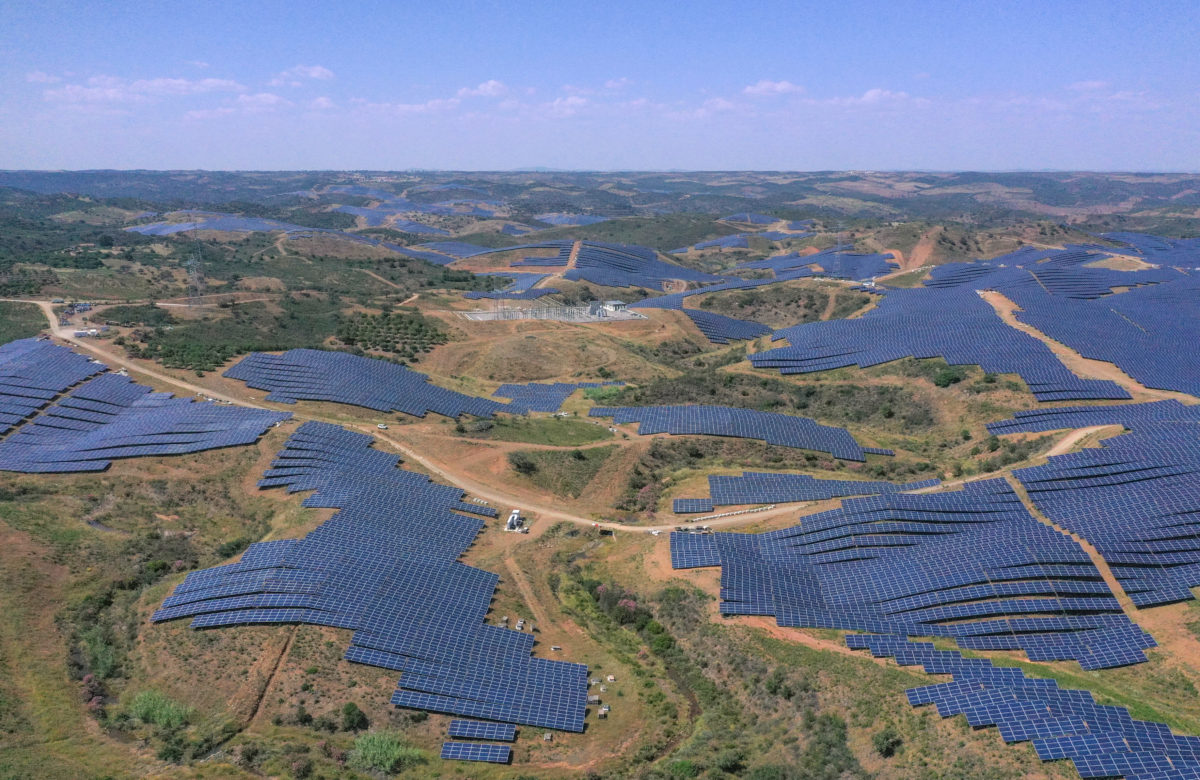New rules for the solar sector have gone into force in Portugal. According to Law 72/2022, the developers that won Portugal’s solar auctions in 2019, 2020 and 2021 will see their remuneration go up in line with inflation.
In 2019, French developer Akuo won a project with a solar tariff of €0.0147 ($0.014)/kWh. This marked a new world record at the time. In 2020, the record was broken again, with a winning bid of $0.0132/kWh.
The Portuguese government will also introduce a 12-month extension of the period in which selected projects can sell electricity at spot market prices, instead of the awarded tariff. The law says that the “financing of these projects was unfeasible,” due to the war in Ukraine, the scarcity of raw materials, rising equipment prices, and global inflation.
Popular content
Other measures introduced promise to speed up solar installations in the country. The licensing of projects will be simplified, with projects below 1 MW of capacity to be exempted from licensing decisions. Instead, they will only be subject to a control procedure at the municipal level.
Projects bigger than 1 MW will no longer have to submit construction feasibility studies. Project owners should receive answers within eight to 30 days after the submission of paperwork. The local authorities will also be compensated at a rate of €13,500 per megawatt of solar installed in their area. The government’s environmental fund will pay for the incentive from Jan. 1, 2023.
This content is protected by copyright and may not be reused. If you want to cooperate with us and would like to reuse some of our content, please contact: editors@pv-magazine.com.


4 comments
By submitting this form you agree to pv magazine using your data for the purposes of publishing your comment.
Your personal data will only be disclosed or otherwise transmitted to third parties for the purposes of spam filtering or if this is necessary for technical maintenance of the website. Any other transfer to third parties will not take place unless this is justified on the basis of applicable data protection regulations or if pv magazine is legally obliged to do so.
You may revoke this consent at any time with effect for the future, in which case your personal data will be deleted immediately. Otherwise, your data will be deleted if pv magazine has processed your request or the purpose of data storage is fulfilled.
Further information on data privacy can be found in our Data Protection Policy.